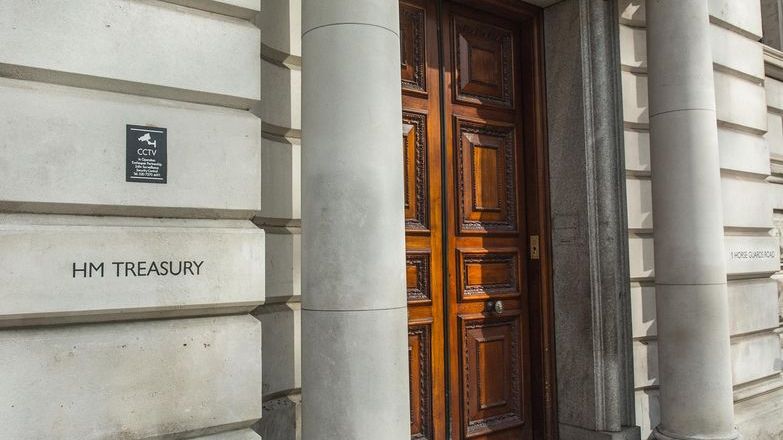
The draft Money Laundering and Terrorist Financing (Amendment and Miscellaneous Provision) Regulations 2025 include targeted amendments to the Money Laundering Regulations which are expected to be laid before Parliament in early 2026.
More proportionate customer due diligence
Pooled Client Accounts
Following determined lobbying by Propertymark, the UK Government has recognised the need to increase the accessibility of PCAs for letting agency businesses, which maintain robust risk controls.
Importantly, the new regulations will remove PCAs from the simplified due diligence framework altogether and instead require banks to take ‘reasonable measures’ to understand the purpose of the PCA, gather sufficient information about the customer’s business, and assess the risk associated with the account.
Banks will be entitled to request information from agents about the identity of individuals whose funds are held in the account. This is intended to ensure transparency and facilitate effective oversight, without requiring banks to conduct CDD on all underlying customers.
We believe this will have a positive impact on the sector, although clear guidance will be needed to avoid GDPR concerns around providing information on clients. There must also be controls to ensure banks do not simply opt out of providing accounts instead of gathering the required information, and to stop accounts being closed if one underlying client is considered high risk.
Simplified due diligence (SDD)
It is sensible that transaction-based due diligence requirements for letting agents and art market participants will be aligned with those for high-value dealers to ensure consistency across sectors.
However, Propertymark continues to insist that the UK Government must explicitly set out in guidance or legislation where simplified customer due diligence is required for property transactions. Most cases are low-risk, and many agents aren’t clear on the purpose of Customer Due Diligence in these circumstances. This is a significant barrier to carrying out due diligence where it is needed the most.
Enhanced due diligence (EDD)
The rules are being tightened to make it easier to understand when EDD is required and focus checks on the highest-risk cases.
Under the amended regulations for High-Risk Third Countries, only transactions or customers linked to countries on the Financial Action Task Force’s ‘call for action’ list will require EDD (currently the Democratic People’s Republic of Korea, Iran, and Myanmar).
The wording has also been altered to state that EDD should be done for transactions that are unusually large or complex compared to ‘what is typical for the sector or type of transaction’. This still does not go far enough to help agents comply confidently, because these values differ significantly from business to business and between cities and rural areas.
An agent needs guidance that allows them to identify what counts as unusual for their business easily. This could be given as either a total value or a fixed percentage above their average transaction value.
Including Companies House in information sharing
We are pleased to see Companies House included in the duty to co-operate and share information with AML supervisors and other relevent organisations, and would like to see this extended further to include HM Land Registry and other registers of property across the UK. Property agents must be legally able to rely on verification of beneficial owners on the Register of Overseas Entities as part of their own CDD. This is not possible under the current legislation.
Support for the vital role of agents in combating financial crime
Purchasing property in the UK is still a common method that is used by serious criminals to ‘clean’ money gained from criminal activity. Property bought with laundered money often sits empty, taking homes away from the market that could be used for families and having a further negative impact on the wider community.
Propertymark has a comprehensive range of downloadable resources, webinars, and online and in-person training to help agents comply with the Money Laundering Regulations and the Proceeds of Crime Act which have a positive impact on the integrity of the sector.
Anti-Money Laundering
We have created a number of resources, forms and training options for agents and auctioneers to comply with their Anti-Money Laundering obligations.







